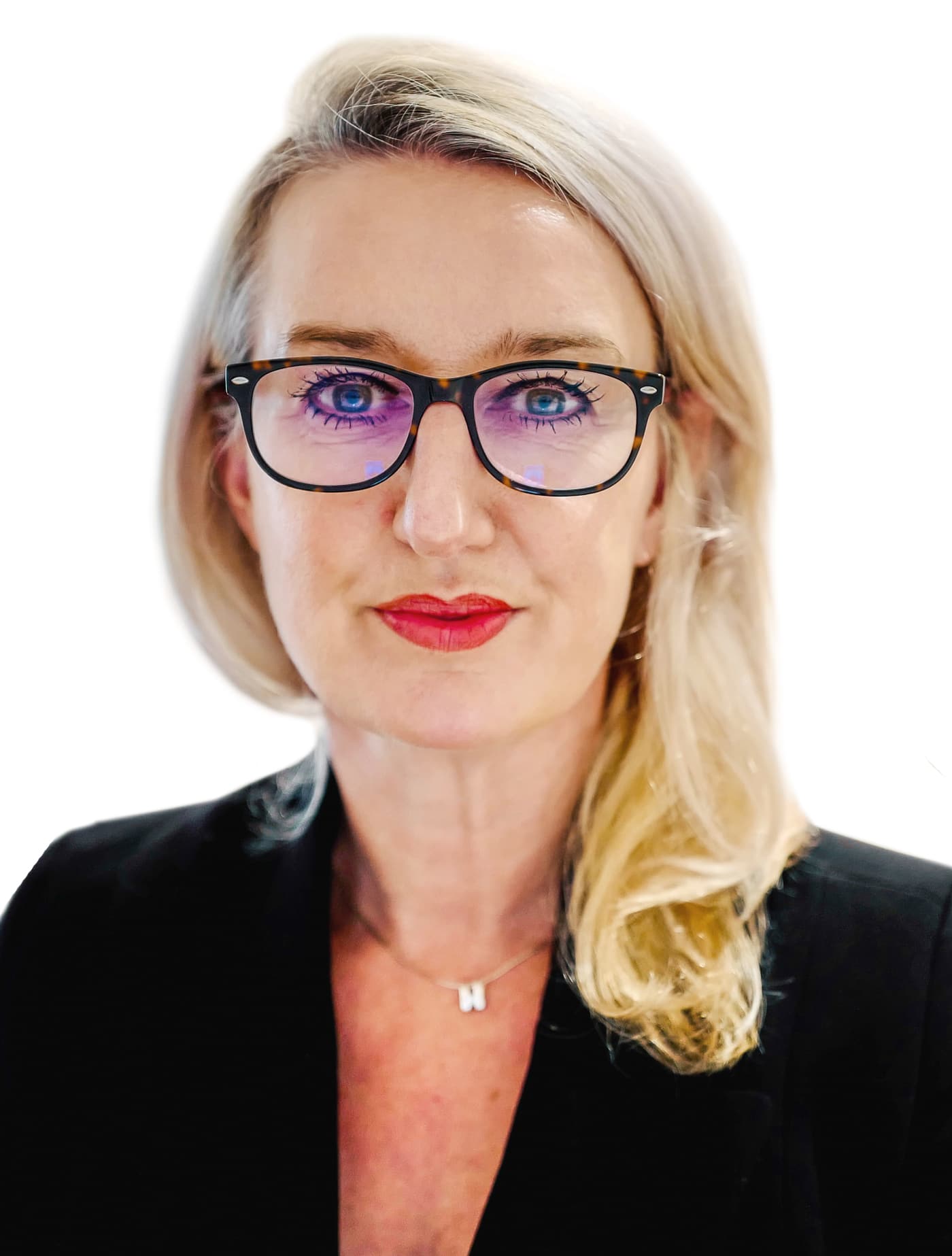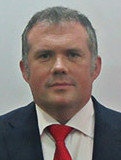
“As an organisation we didn't want to be railroaded into making decisions about what the future looks like for us. We wanted to do that in our own time, recognising that the traditional model of making a once in a decade big investment in an ERP platform -- and having your change tied up with that -- really doesn't seem to be the game in town going forward,” said Kent County Council (KCC)’s Strategic Commissioner Vincent Godfrey.
Describing his planning, he added: “We were looking for the flexibility to address particular parts of our operations, discretely, and without having to tear up the systems of record every time you do it.”
Godfrey, a former UK government director of commercial and contract management, was speaking at an event hosted by business technology publication The Stack and Rimini Street on May 26. As an Oracle 12.1.3 EBS user, KCC – the UK’s largest local authority of its kind – is working with Rimini Street to reduce its maintenance fees, stabilise the platform, and shift hosting of their legacy hardware into a public cloud model.
The move to Rimini Street has helped the council sharply reduce its software support costs and given it much greater flexibility as it plans its future. That’s critical, because as Godfrey noted: “We’re now getting into a territory where the discussions are about platforms rather than ERP systems or finance systems.”
He added: “I’ve been involved with ERP systems for nearly 30 years and the technology on what's available, and the art of the possible is shifting like never before; building your business cases, and deciding what's right here is arguably more complex than it has been and you need to carefully consider your options.”

Swapping to third-party ERP support: some common concerns
As Rimini Street’s General Manager, EMEA Emmanuelle Hose pointed out to an audience of IT leaders and practitioners, before swapping to third party support – whether as an SAP, Salesforce, or Oracle user – many organisations find themselves having to address several core questions. Chief among them, she said, is “how’s the vendor going to react?” That’s typically followed by concerns about security.
“And the first thing I emphasise is that when you choose not to renew your annual maintenance with the vendor, you are not divorcing from them.” Hose further articulated that clients still have their perpetual license agreement, and are still able to buy more licenses and more products. But customers should be aware that Oracle and SAP are making up to 94% profit margin on maintenance, and Rimini Street clients save an average of 75% on total maintenance costs with the potential to save up to 90%. The big takeaway that Hose states is “[the savings] gives you a lot more budget to innovate and really move the needle for your organisation.”

Typically, she adds, as a result the vendors are aware that you have freed up a lot of budget that may well be reinvested in new products from them. The move hardly sours the relationship: indeed it can often give the vendors a renewed incentive to rebuild a far more balanced relationship.
Cutting your ERP OpEx and innovating, whilst retaining security.
With regards to security, Rimini Street has extensive experience in helping clients secure their ERP systems – including those for governments running highly sensitive workloads. As Hose puts it: “Virtual patching is very much best practice in this area: we have a [dedicated] team of [security experts] that help our clients understand if they are already well secure; they are looking at configurations, looking at doing full [security] assessments, and deciding whether there is the need for an additional layer of security.”
For Godfrey, understanding the availability of resources and sufficient expertise at Rimini Street to actually understand KCC’s particular instance of Oracle was central to his decision to make the shift from Oracle to Rimini Street support. As he noted: “A lot of people made the bad decision to put in place over a million lines of bespoke code and customisations at KCC.” Because of that, “there was a lot of time spent getting the reassurances we need -- both informally and in the contract -- that we would have quick access to competent people that knew our instance and could support our complex customized environment; that was really important for us as well.

He added: “The other point is continuity. It’s all well and good getting short-term stability, but we also had to be sure that we are able to carry on developing what we're doing in a year's time, two years’ time, three years’ time, as you don't want to jump from one burning platform to another.”
Having done the due diligence and been reassured on that front, he made the decision. As Godfrey points out: “Even as an Oracle house, if we went to Oracle Cloud, we're looking at a very big bill with Oracle, we're looking at a very big bill with an implementation partner, and we're looking at a year to 18 months of significant disruption with a lot of key personnel tied up in it. And I think the benefits of moving a good instance of 12.1.3 into the cloud are frankly a bit questionable.” He continues, “We're not ruling out changing our systems of record or moving to an ERP cloud at some point in the future, what we're doing is we are making sure we understand properly, what the future of our business capabilities are and what we need to do to support the council in the short and longer term, and then looking at what's available to do that.”
Questions from The Stack’s audience included whether Rimini Street supports Azure SQL PaaS: “We absolutely do”, affirmed Hose, adding: “We support a large number of databases from Microsoft, IBM, Oracle, SAP and more, deployed in any form”. Wrapping up, she said: “Interoperability is also extremely important, because our clients want to modernise their environments and innovate; they want to leverage , new operating systems, new web browsers. We have a lot of tools and skills around this that let our clients continue to innovate: that’s central to our success.”
